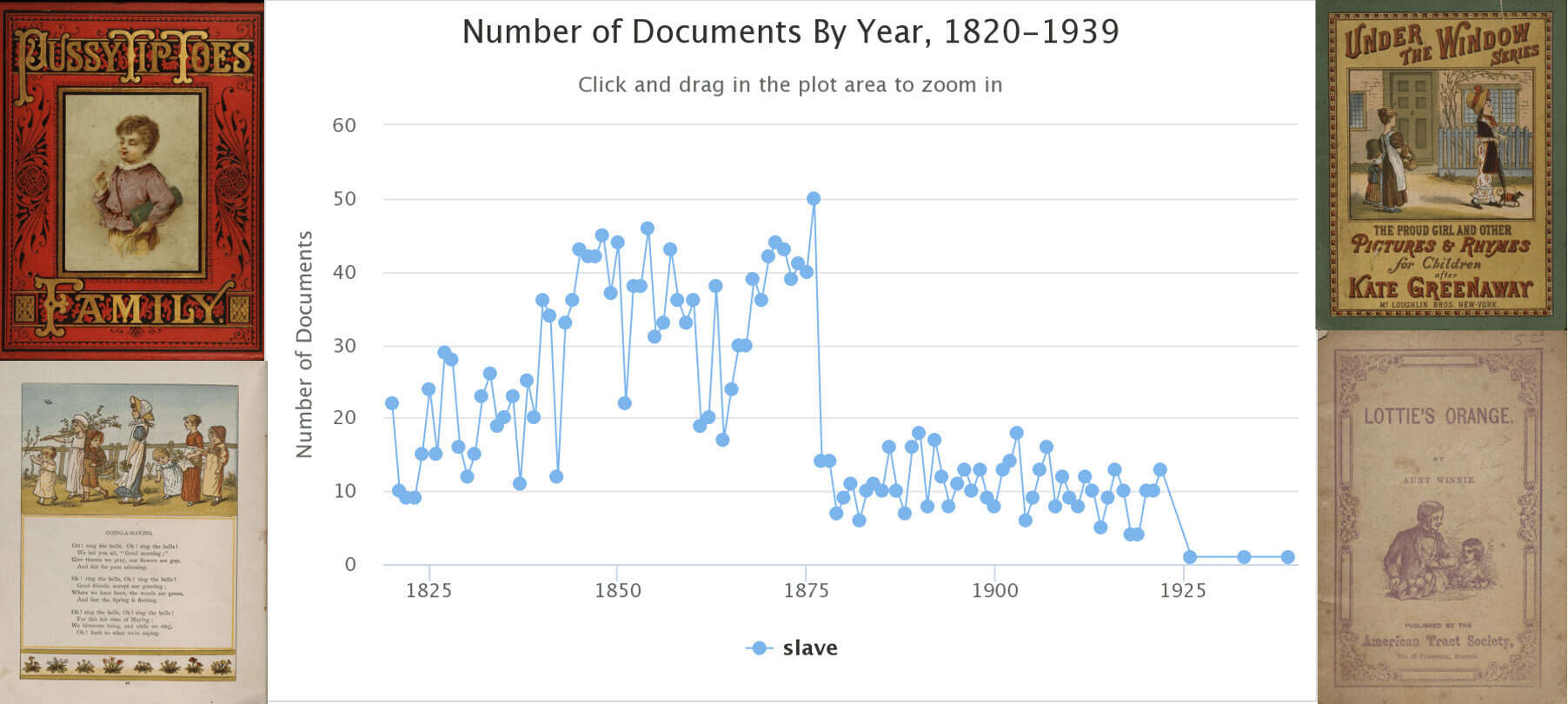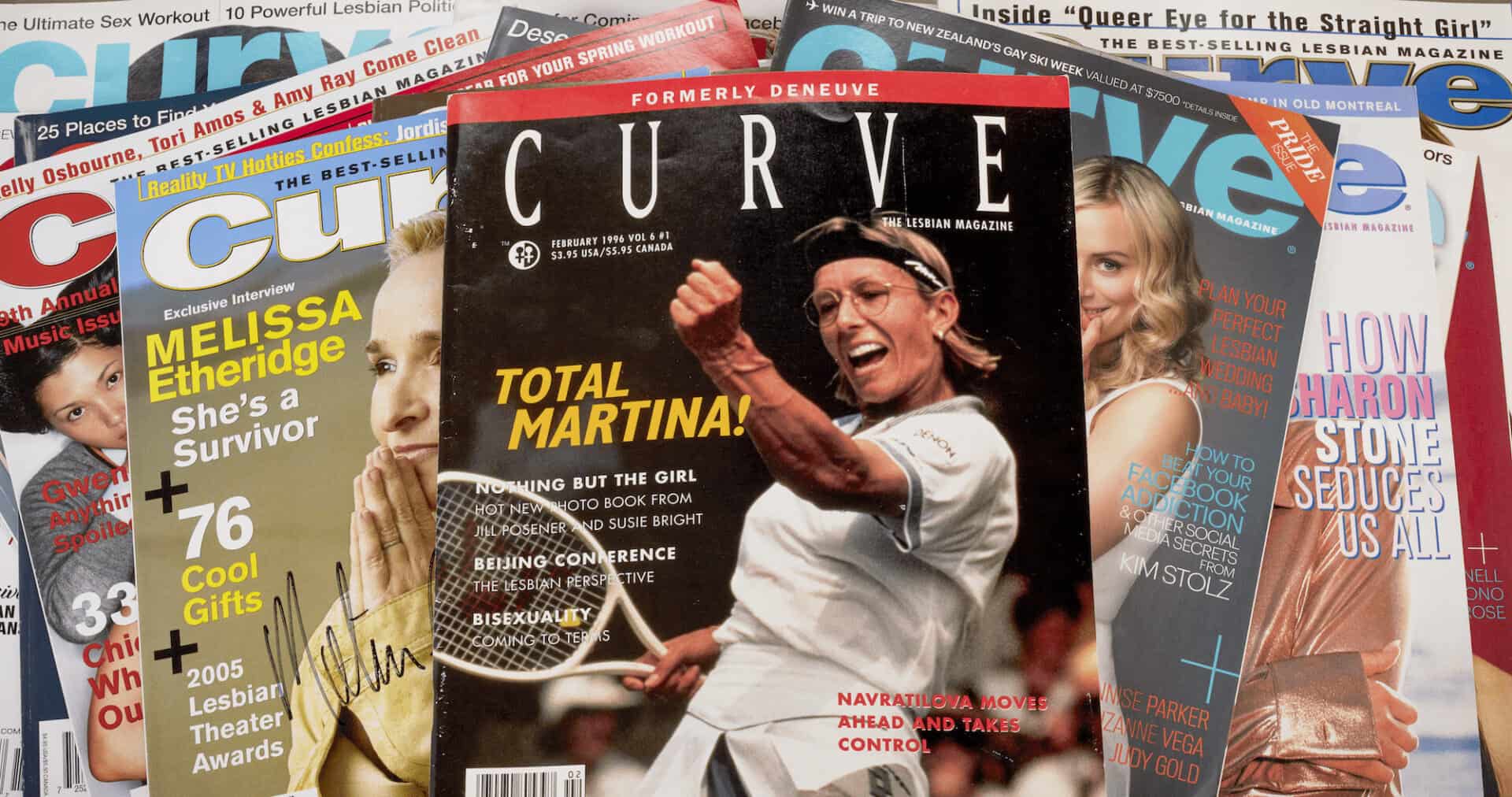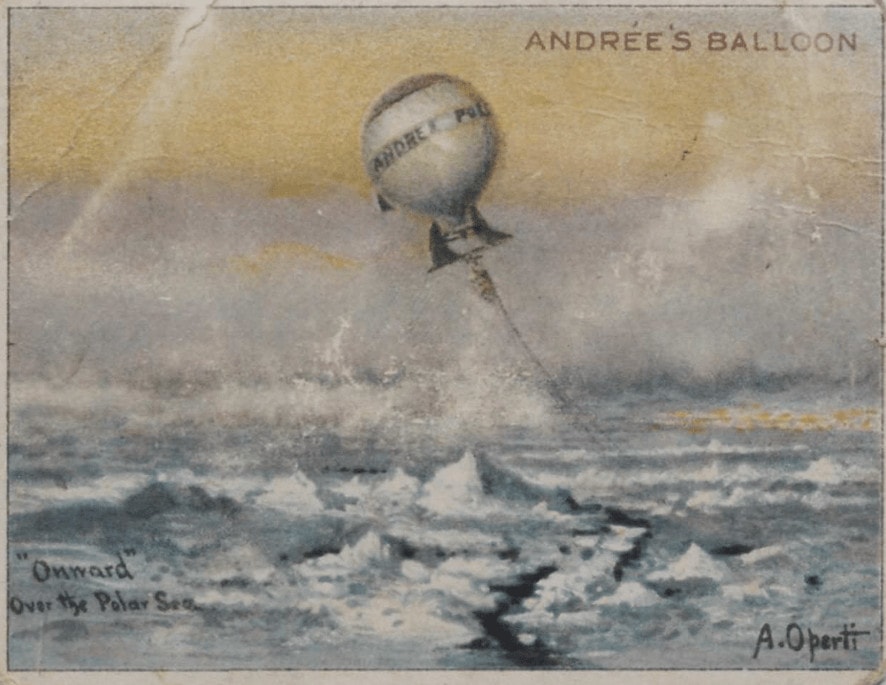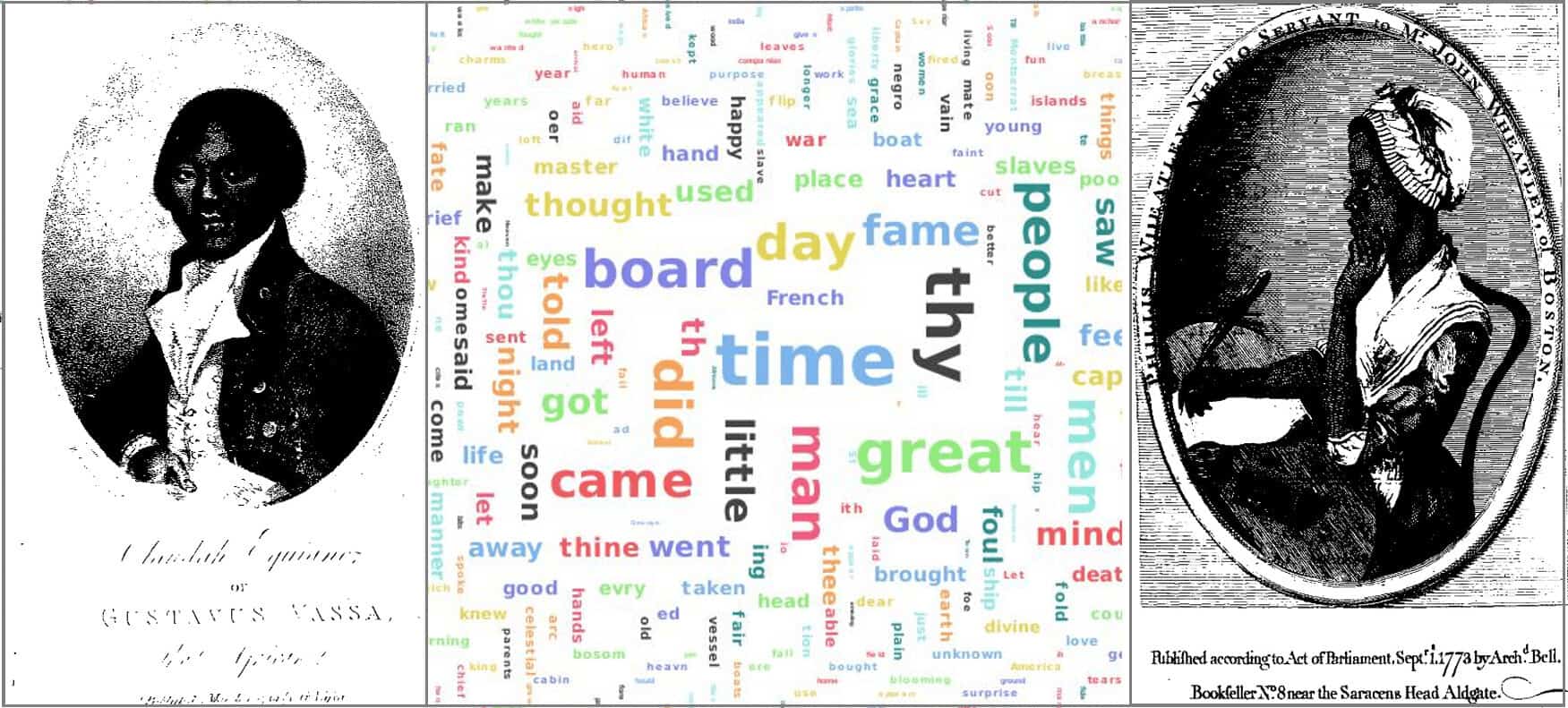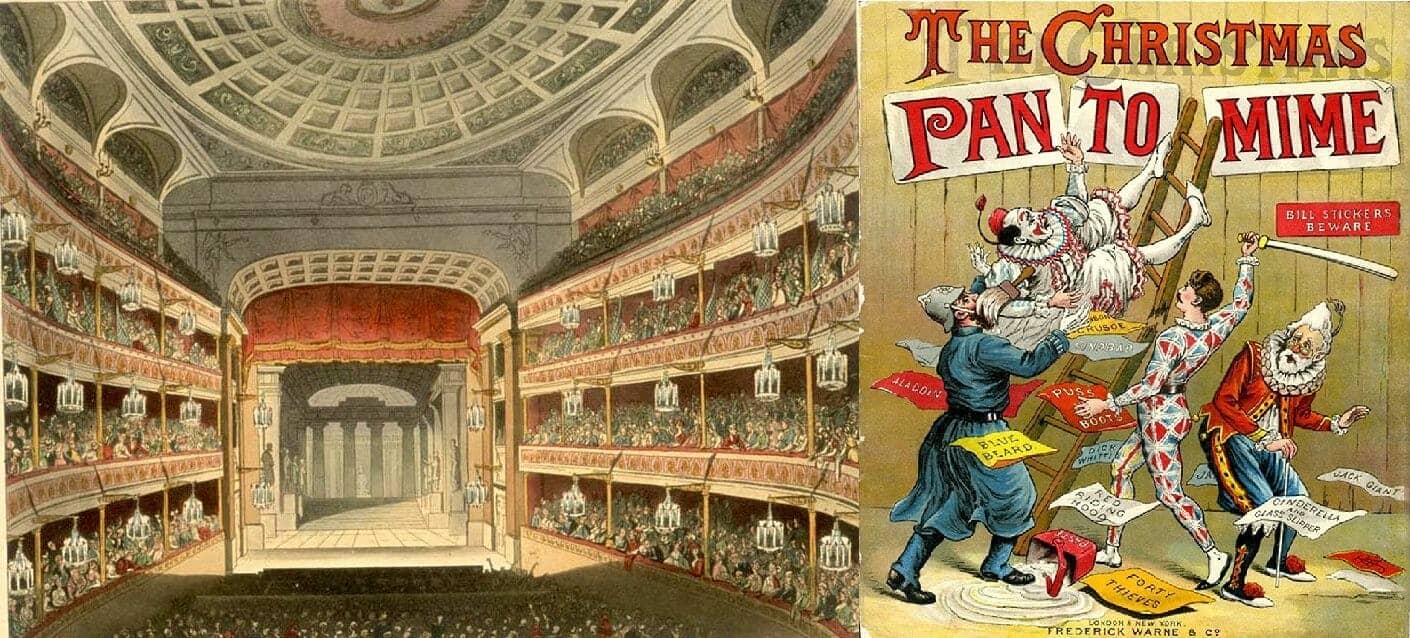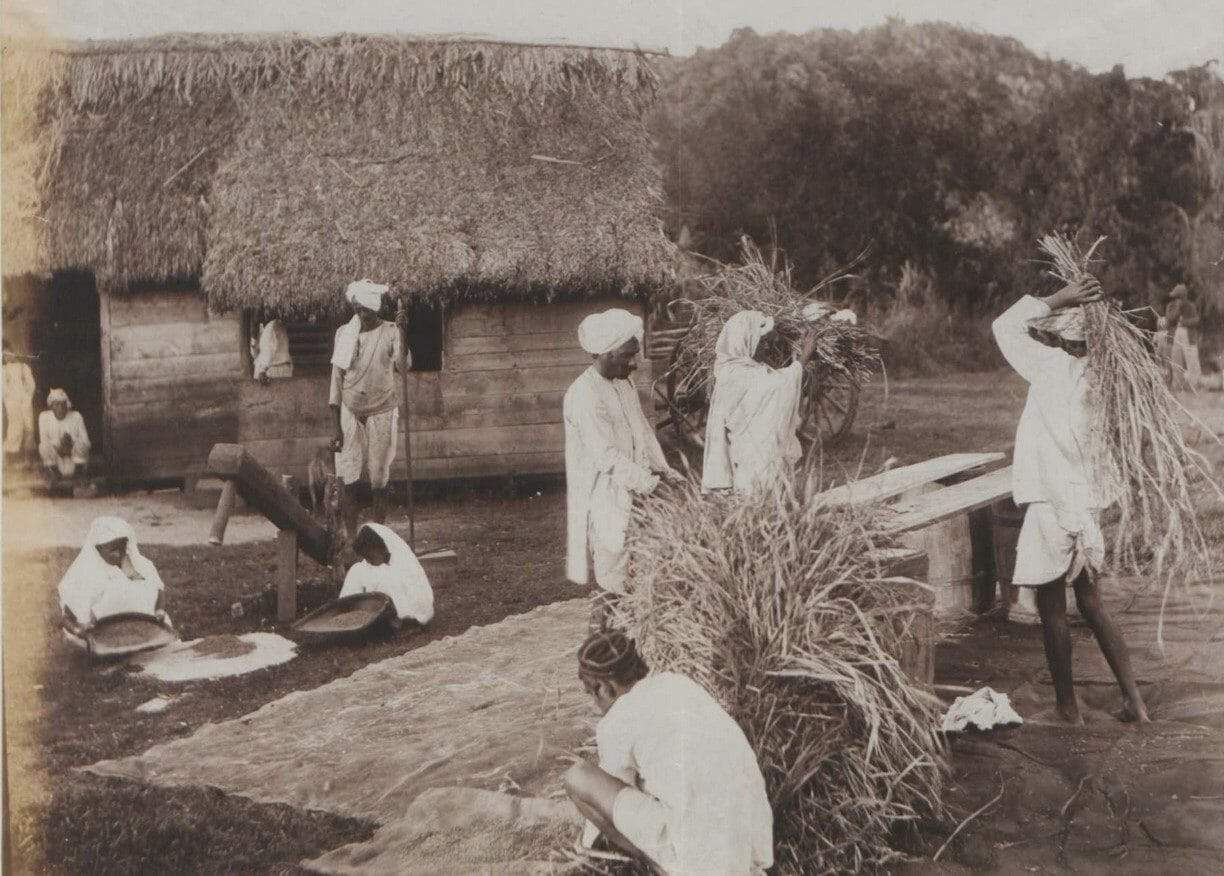│By Ayanda Netshisaulu, Gale Ambassador at the University of Johannesburg|
Let me set the scene. Right at the beginning of my postgraduate career, starry eyed and interested in gender history, I was offered the opportunity to join a group of students from the University of Johannesburg and Western Sydney University for a two-week programme in the Kruger National Park in north-eastern South Africa. The programme mostly consisted of Zoology students who understood the importance of land gradients and wild animal feeding patterns. As a Humanities student I felt a bit out of place but I wasn’t particularly bothered considering I was enjoying the safari and learning about rhino’s territorial marking patterns!
It was during this trip, however, that I learned that historical narratives can be extracted from anything. We had been discussing land gradients – which to this day I don’t completely understand – when my History professor asked me: “gradients and the science aside, Ayanda what did you get from what was just said now?” What did I get? I was still trying to get my Humanities brain to catch up to the science of it all! How could I “get” anything? He then went on to explain how, for a historian, there is a story in everything. A historian would be asking themselves questions about past land use, about past peoples and about how they would have navigated this land. How did societies of the past know, for example, to burn the grass to allow for the fresh regrowth that would attract game? Whilst initially I had never felt so out of place, it was during this trip that I fell in love with the historical narratives of the environmental past.
Read more


